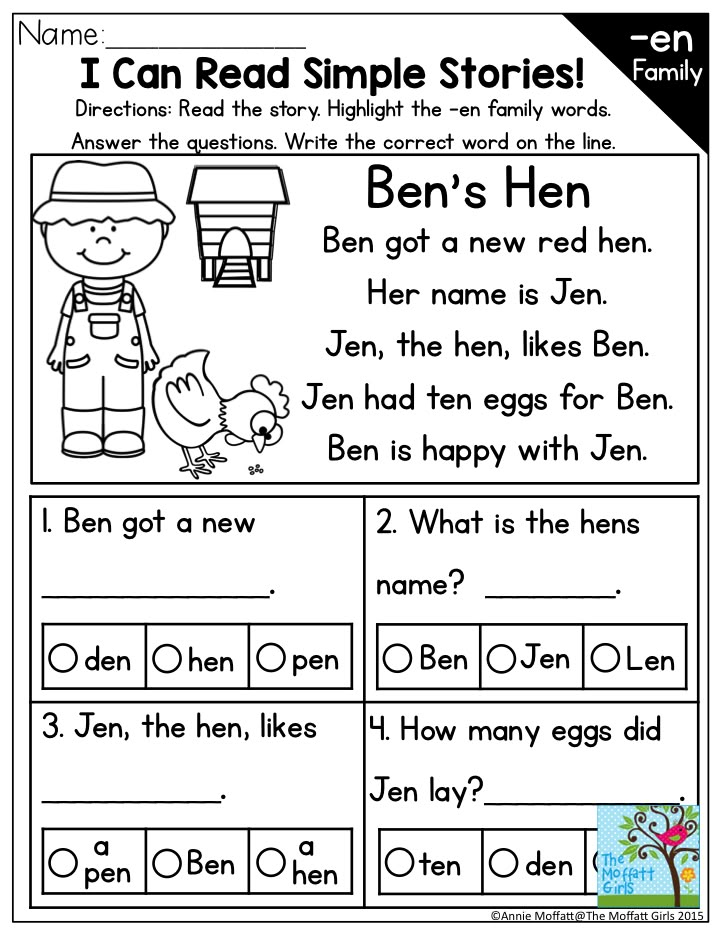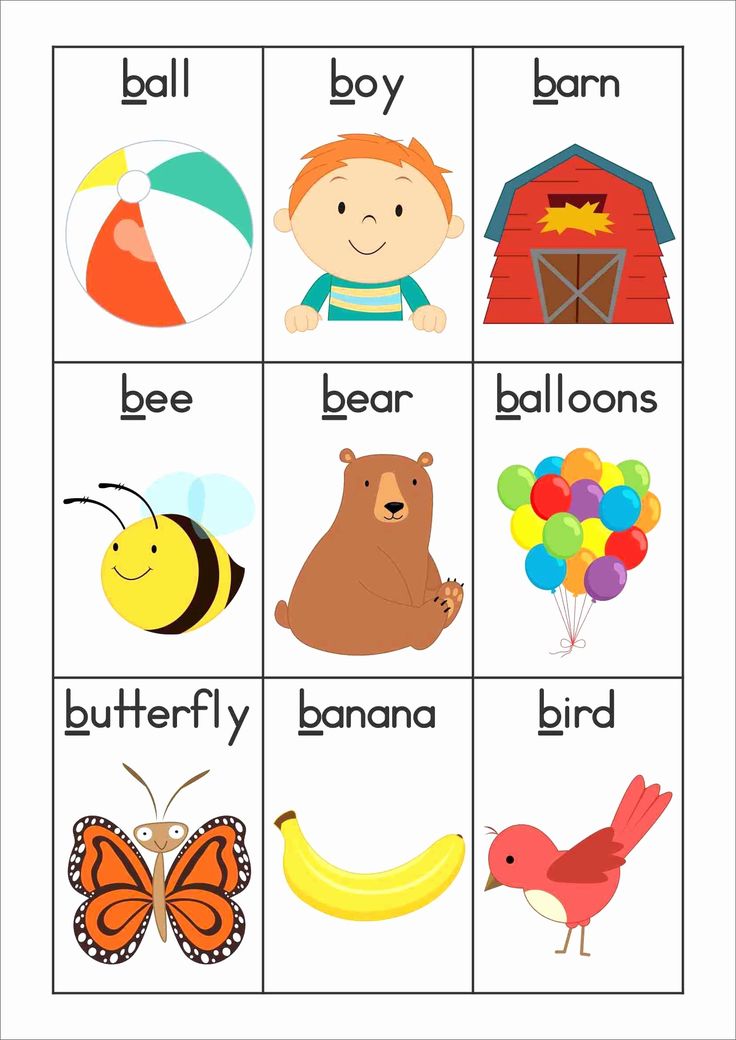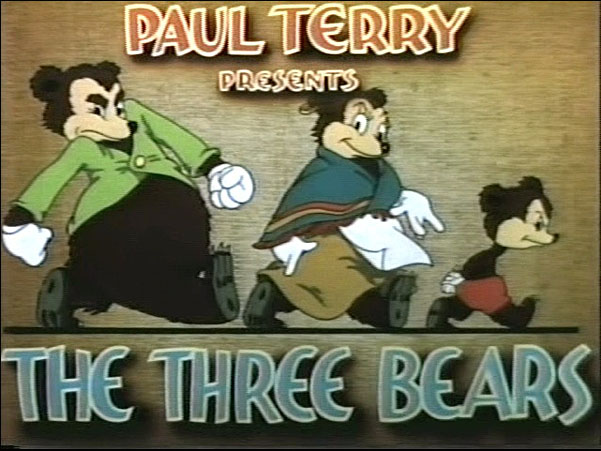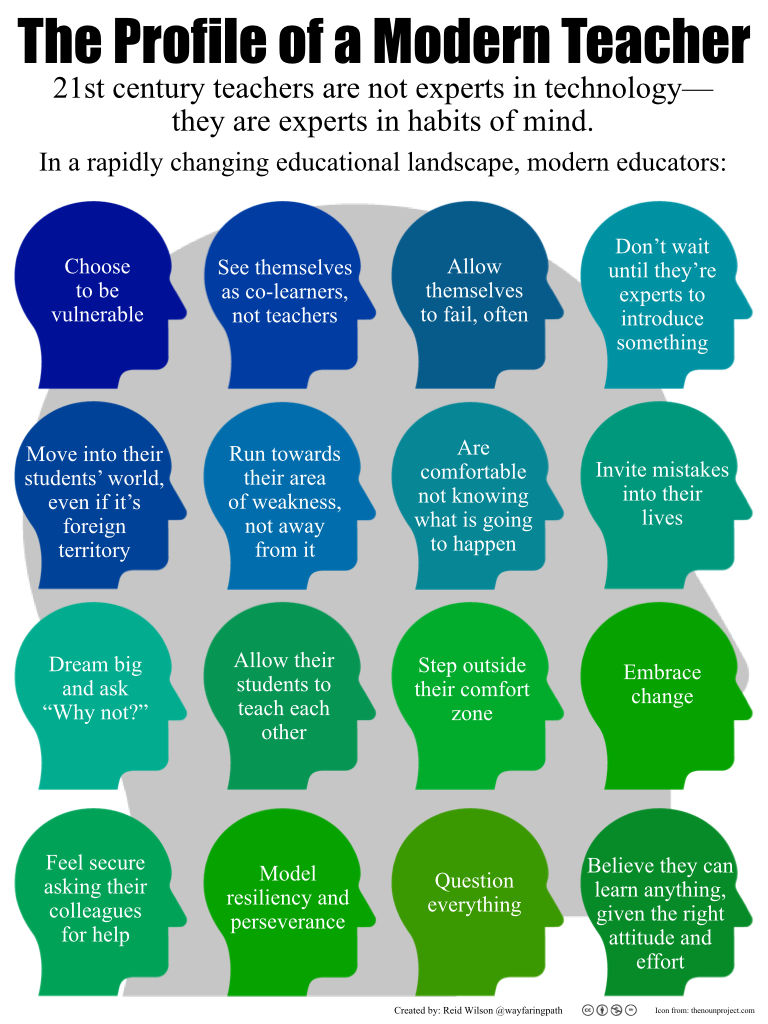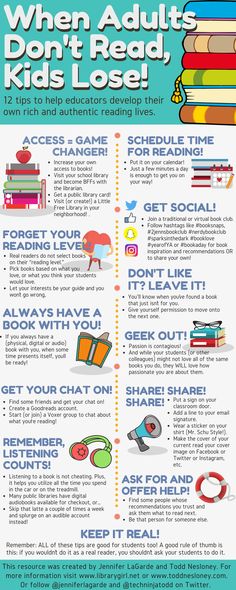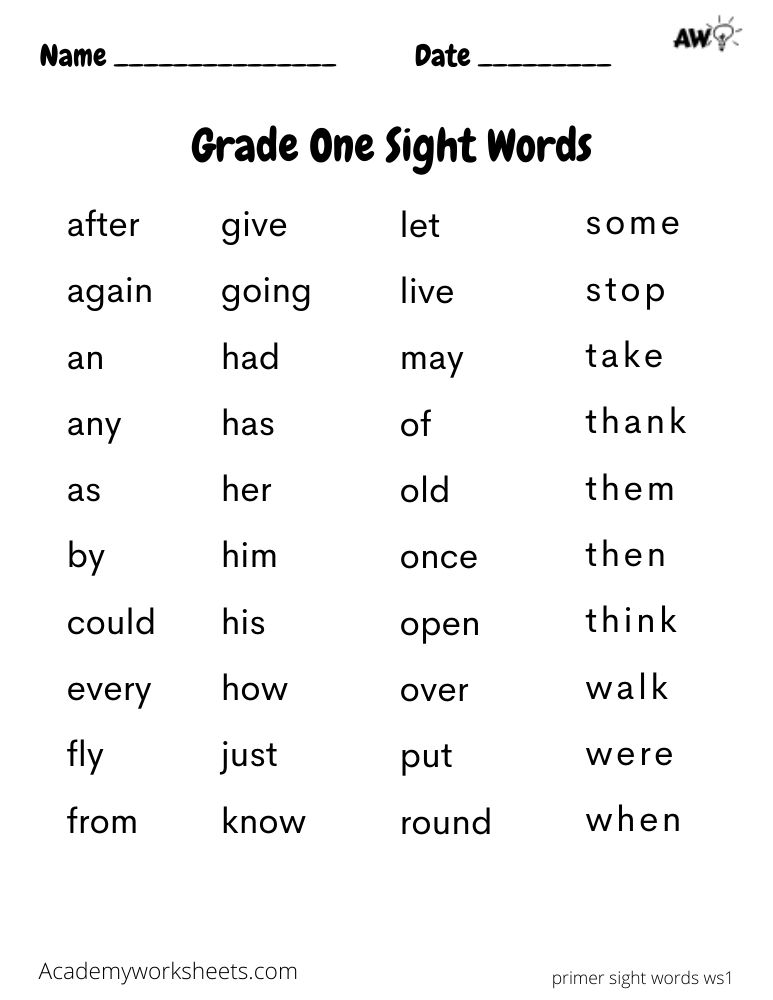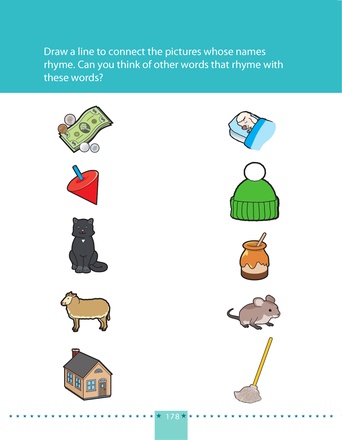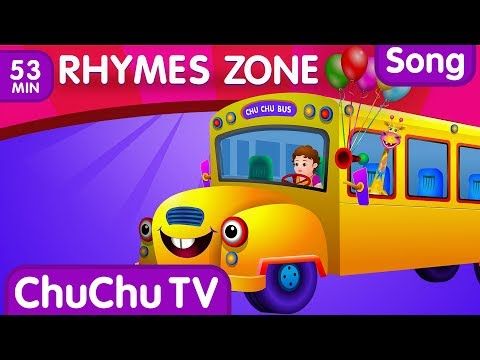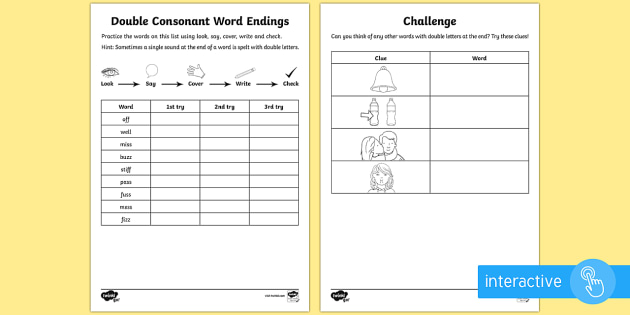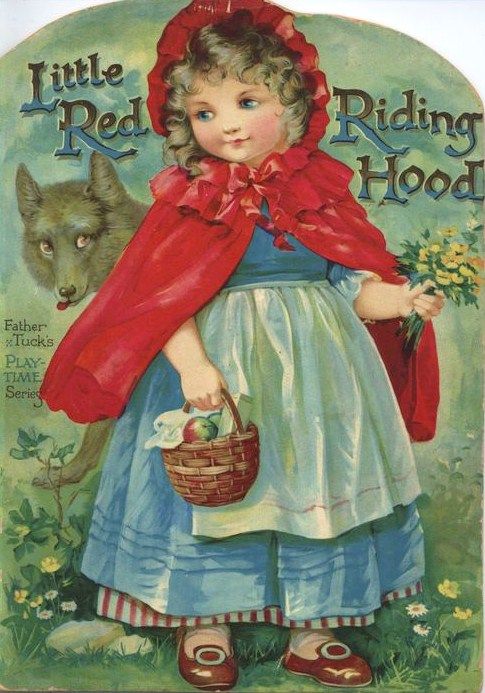How to help kids with reading
11 Ways Parents Can Help Their Children Read
Parents often ask how they can help their children learn to read; and it’s no wonder that they’re interested in this essential skill. Reading plays an important role in later school success. One study even demonstrates that how well 7-year-olds read predicts their income 35 years later!
Here are 11 practical recommendations for helping preschoolers and school-age students learn to read.
1. Teaching reading will only help.
Sometimes, parents are told early teaching is harmful, but it isn’t true. You simply can’t introduce literacy too early. I started reading to my own children on the days they were each born! The “dangers of early teaching” has been a topic of study for more than 100 years, and no one has ever found any convincing evidence of harm. Moreover, there are hundreds of studies showing the benefits of reading to your children when they are young.
2. Teaching literacy isn’t different than teaching other skills.
You don’t need a Ph.D. to raise a happy, healthy, smart child. Parents have been doing it for thousands of years. Mothers and fathers successfully teach their kids to eat with a spoon, use a potty, keep their fingers out of their noses, and say “please.” These things can be taught pleasantly, or they can be made into a painful chore. Being unpleasant (e.g. yelling, punishing, pressuring) doesn’t work, and it can be frustrating for everyone. This notion applies to teaching literacy, too. If you show your 18-month-old a book and she shows no interest, then put it away and come back to it later. If your child tries to write her name and ends up with a backwards “D,” no problem. No pressure. No hassle. You should enjoy the journey, and so should your child.
3. Talk to your kids (a lot).
Last year, I spent lots of time with our brand new granddaughter, Emily. I drowned her in language. Although “just a baby,” I talked — and sang — to her about everything. I talked about her eyes, nose, ears, mouth, and fingers.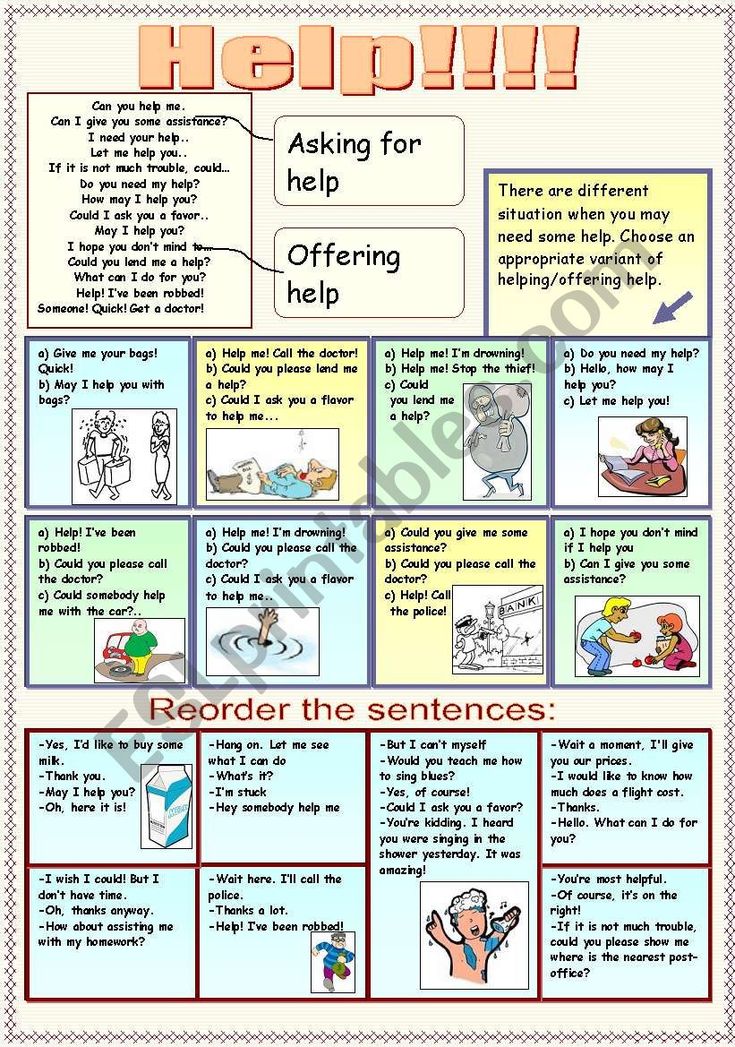 I told her all about her family — her mom, dad, and older brother. I talked to her about whatever she did (yawning, sleeping, eating, burping). I talked to her so much that her parents thought I was nuts; she couldn’t possibly understand me yet. But reading is a language activity, and if you want to learn language, you’d better hear it, and eventually, speak it. Too many moms and dads feel a bit dopey talking to a baby or young child, but studies have shown that exposing your child to a variety of words helps in her development of literacy skills.
I told her all about her family — her mom, dad, and older brother. I talked to her about whatever she did (yawning, sleeping, eating, burping). I talked to her so much that her parents thought I was nuts; she couldn’t possibly understand me yet. But reading is a language activity, and if you want to learn language, you’d better hear it, and eventually, speak it. Too many moms and dads feel a bit dopey talking to a baby or young child, but studies have shown that exposing your child to a variety of words helps in her development of literacy skills.
4. Read to your kids.
I know everyone says this, but it really is a good idea — at least with preschoolers. One of my colleagues refers to this advice as the “chicken soup” of reading education. We prescribe it for everything. (Does it help? It couldn’t hurt.) If a parent or caregiver can’t read or can’t read English, there are alternatives, such as using audiobooks; but for those who can, reading a book or story to a child is a great, easy way to advance literacy skills. Research shows benefits for kids as young as 9-months-old, and it could be effective even earlier than that. Reading to kids exposes them to richer vocabulary than they usually hear from the adults who speak to them, and can have positive impacts on their language, intelligence, and later literacy achievement. What should you read to them? There are so many wonderful children’s books. Visit your local library, and you can get an armful of adventure. You can find recommendations from kids at the Children’s Book Council website or at the International Literacy Association Children's Choices site. [Reading Rockets also provides guidance and lots of themed booklists in our Children's Books & Authors section.]
Research shows benefits for kids as young as 9-months-old, and it could be effective even earlier than that. Reading to kids exposes them to richer vocabulary than they usually hear from the adults who speak to them, and can have positive impacts on their language, intelligence, and later literacy achievement. What should you read to them? There are so many wonderful children’s books. Visit your local library, and you can get an armful of adventure. You can find recommendations from kids at the Children’s Book Council website or at the International Literacy Association Children's Choices site. [Reading Rockets also provides guidance and lots of themed booklists in our Children's Books & Authors section.]
5. Have them tell you a “story.”
One great way to introduce kids to literacy is to take their dictation. Have them recount an experience or make up a story. We’re not talking “Moby Dick” here. A typical first story may be something like, “I like fish. I like my sister. I like grandpa.” Write it as it is being told, and then read it aloud. Point at the words when you read them, or point at them when your child is trying to read the story. Over time, with lots of rereading, don’t be surprised if your child starts to recognize words such as “I” or “like.” (As children learn some of the words, you can write them on cards and keep them in a “word bank” for your child, using them to review later.)
I like grandpa.” Write it as it is being told, and then read it aloud. Point at the words when you read them, or point at them when your child is trying to read the story. Over time, with lots of rereading, don’t be surprised if your child starts to recognize words such as “I” or “like.” (As children learn some of the words, you can write them on cards and keep them in a “word bank” for your child, using them to review later.)
6. Teach phonemic awareness.
Young children don’t hear the sounds within words. Thus, they hear “dog,” but not the “duh”-“aw”- “guh.” To become readers, they have to learn to hear these sounds (or phonemes). Play language games with your child. For instance, say a word, perhaps her name, and then change it by one phoneme: Jen-Pen, Jen-Hen, Jen-Men. Or, just break a word apart: chair… ch-ch-ch-air. Follow this link to learn more about language development milestones in children.
7. Teach phonics (letter names and their sounds).
You can’t sound out words or write them without knowing the letter sounds.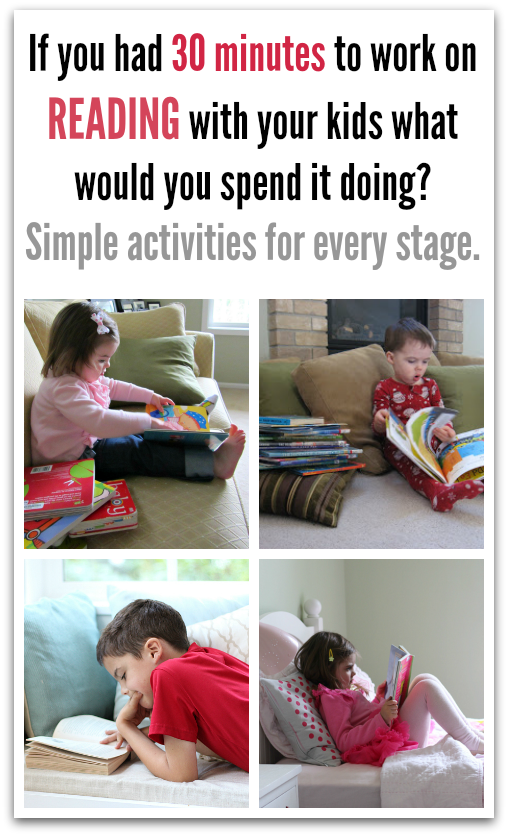 Most kindergartens teach the letters, and parents can teach them, too. I just checked a toy store website and found 282 products based on letter names and another 88 on letter sounds, including ABC books, charts, cards, blocks, magnet letters, floor mats, puzzles, lampshades, bed sheets, and programs for tablets and computers. You don’t need all of that (a pencil and paper are sufficient), but there is lots of support out there for parents to help kids learn these skills. Keep the lessons brief and fun, no more than 5–10 minutes for young’uns. Understanding the different developmental stages of reading and writing skills will help to guide your lessons and expectations.
Most kindergartens teach the letters, and parents can teach them, too. I just checked a toy store website and found 282 products based on letter names and another 88 on letter sounds, including ABC books, charts, cards, blocks, magnet letters, floor mats, puzzles, lampshades, bed sheets, and programs for tablets and computers. You don’t need all of that (a pencil and paper are sufficient), but there is lots of support out there for parents to help kids learn these skills. Keep the lessons brief and fun, no more than 5–10 minutes for young’uns. Understanding the different developmental stages of reading and writing skills will help to guide your lessons and expectations.
8. Listen to your child read.
When your child starts bringing books home from school, have her read to you. If it doesn’t sound good (mistakes, choppy reading), have her read it again. Or read it to her, and then have her try to read it herself. Studies show that this kind of repeated oral reading makes students better readers, even when it is done at home.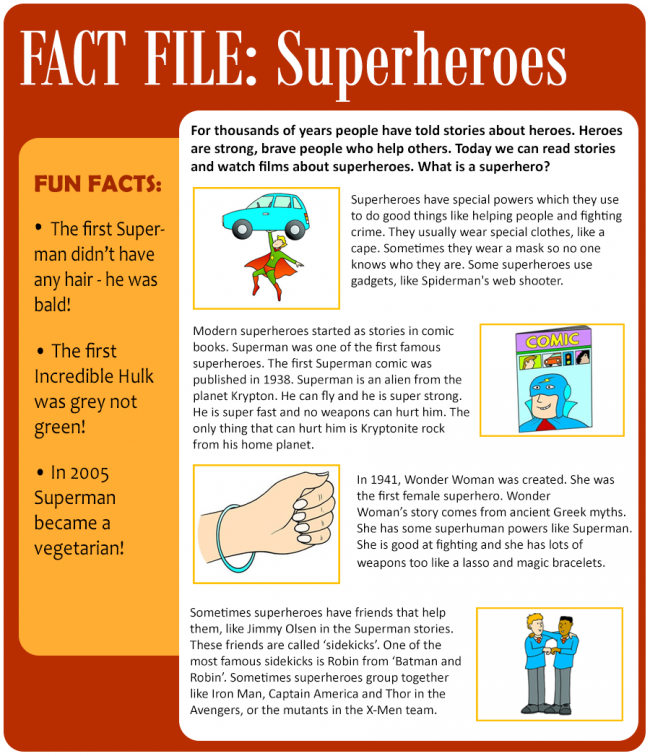
9. Promote writing.
Literacy involves reading and writing. Having books and magazines available for your child is a good idea, but it’s also helpful to have pencils, crayons, markers, and paper. Encourage your child to write. One way to do this is to write notes or short letters to her. It won’t be long before she is trying to write back to you.
10. Ask questions.
When your child reads, get her to retell the story or information. If it’s a story, ask who it was about and what happened. If it’s an informational text, have your child explain what it was about and how it worked, or what its parts were. Reading involves not just sounding out words, but thinking about and remembering ideas and events. Improving reading comprehension skills early will prepare her for subsequent success in more difficult texts.
11. Make reading a regular activity in your home.
Make reading a part of your daily life, and kids will learn to love it. When I was nine years old, my mom made me stay in for a half-hour after lunch to read. She took me to the library to get books to kick off this new part of my life. It made me a lifelong reader. Set aside some time when everyone turns off the TV and the web and does nothing but read. Make it fun, too. When my children finished reading a book that had been made into a film, we’d make popcorn and watch the movie together. The point is to make reading a regular enjoyable part of your family routine.
She took me to the library to get books to kick off this new part of my life. It made me a lifelong reader. Set aside some time when everyone turns off the TV and the web and does nothing but read. Make it fun, too. When my children finished reading a book that had been made into a film, we’d make popcorn and watch the movie together. The point is to make reading a regular enjoyable part of your family routine.
Happy reading!
Sources:
Ritchie, S.J., & Bates, T.C. (2013). Enduring links from childhood mathematics and reading achievement to adult socioeconomic status. Psychological Science, 24, 1301-1308.
Karass J., & Braungart-Rieker J. (2005). Effects of shared parent-infant reading on early language acquisition. Journal of Applied Developmental Psychology, 26, 133-148.
Finding Help | Reading Rockets
Children with reading difficulties benefit from the same thing all children benefit from — excellent reading instruction tailored to their needs.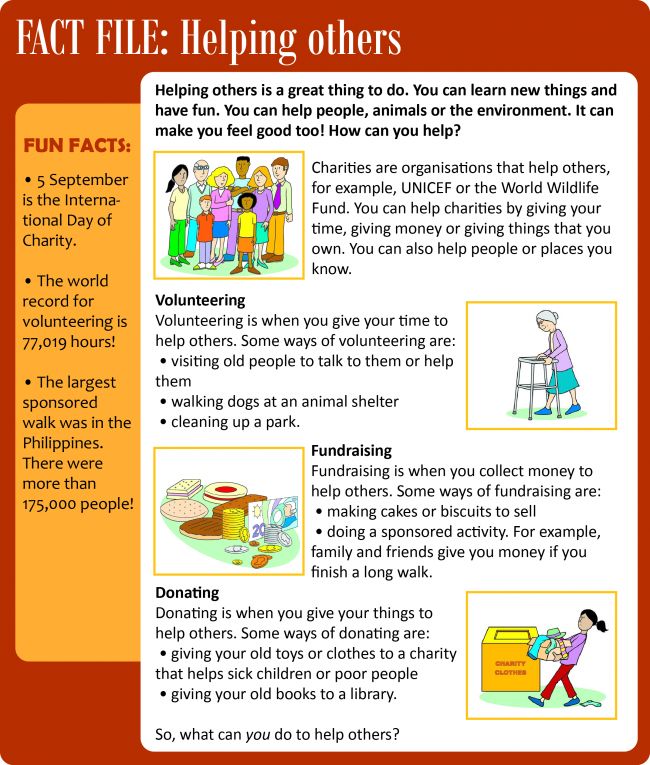 But sometimes kids who struggle need more.
But sometimes kids who struggle need more.
Several people may be able to provide your child with extra help:
- Classroom teachers
Your child's teacher may be able to provide more intensive instruction
- School specialists
Specialists at your school — such as the reading specialist, speech/language pathologist, or special education teacher — may be able to provide extra assistance
- Tutors
The school, another organization, or private tutors may be able to provide your child practice with reading or more intensive help
- Professionals in private practice
Educational psychologists and other professionals in private practice may be able to provide an assessment, diagnosis, and/or a plan for helping your child
- Reading clinics
University and private reading clinics may be able to provide an assessment, diagnosis, and/or a plan for helping your child
Help from private tutors and others outside of the school may be very effective but also quite expensive.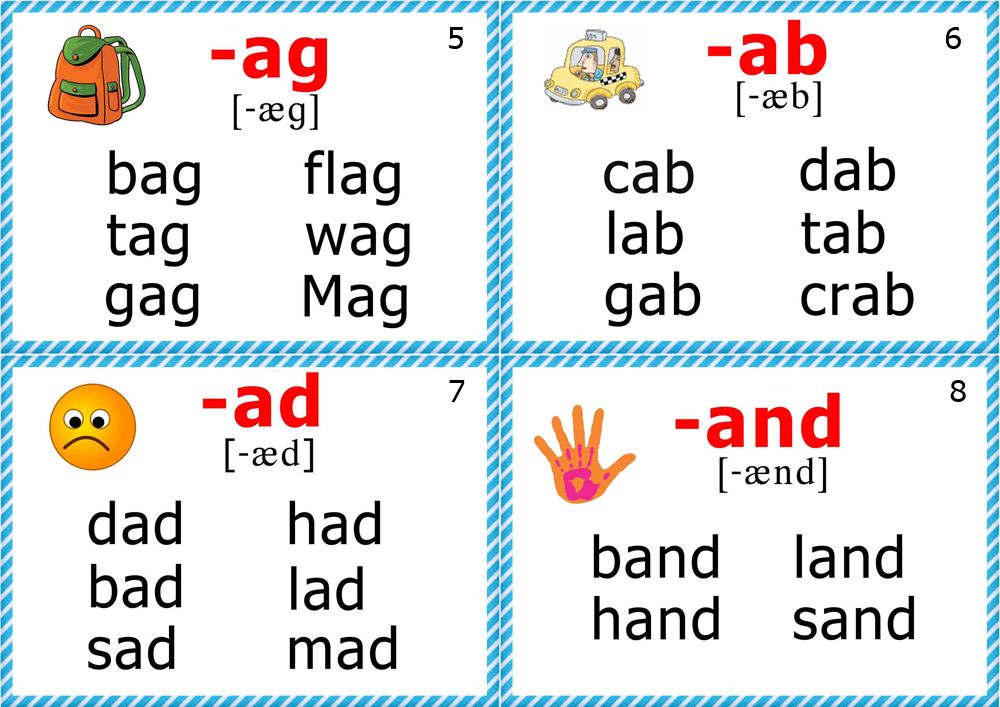 Some public school services, which are free, are only provided if a child is diagnosed with a learning disability, the most common of which is difficulty with language and reading.
Some public school services, which are free, are only provided if a child is diagnosed with a learning disability, the most common of which is difficulty with language and reading.
If you suspect your child may have a learning disability (or ADHD), the best place to begin seeking help is your child's school. Public schools have professionals trained to make a diagnosis. They do not charge a fee for these services.
If you disagree with the school's diagnosis, you have the right to ask for further testing or to seek a diagnosis from a professional in private practice. Similarly, if the school does not think it necessary to assess your child, you may want to seek a diagnosis from a professional in private practice.
Remember, in order to qualify for special education services or accommodations, your child must have a diagnosis that clearly shows he or she has a learning disability that meets the criteria defined by law. In general, federal law says that a person is eligible for accommodations when a documented disability significantly interferes with a major life activity such as learning. Most states use criteria related to the discrepancy between a child's ability and achievement. Federal laws also set clear guidelines on what special education accommodations must be provided.
Most states use criteria related to the discrepancy between a child's ability and achievement. Federal laws also set clear guidelines on what special education accommodations must be provided.
The bottom line is that it's important to know upfront what services are available from the school and how a child's eligibility for those services is determined.
Tutoring
Sometimes kids just need an extra dose of reading help. Many schools provide tutoring support that includes one-on-one reading instruction. To make sure that your school has a high quality tutoring program, ask these questions:
- How are the tutors trained?
It's important that the tutors understand the goals and purposes of the lesson.
- What is the structure of the tutoring session?
Good tutoring programs use a lesson plan that is based in the best reading research.
- How frequently will my child receive tutoring?
Students should be tutored at least twice a week, for 45 to 60 minutes each time.
 Some students will need more.
Some students will need more. - Are the students assessed regularly to determine progress?
A reading specialist should supervise the assessment program.
- What types of materials are used during the tutoring sessions?
Students should be carefully guided through books that are written at their reading level.
- Does the content of the tutoring session support my child's classroom instruction?
It should.
- Does the content address my child's specific needs?
If your child sounds out words well but struggles with vocabulary, the tutor should spend more time on word meanings than phonics.
Special education
Even with good classroom teaching and extra help, its possible that your child may continue to struggle with reading. Special education may be the answer — and it's required by law for students who are identified as having a learning disability.
The special education process includes these steps:
- Referral
You or your child's teacher suspects a problem and requests an evaluation by the school.
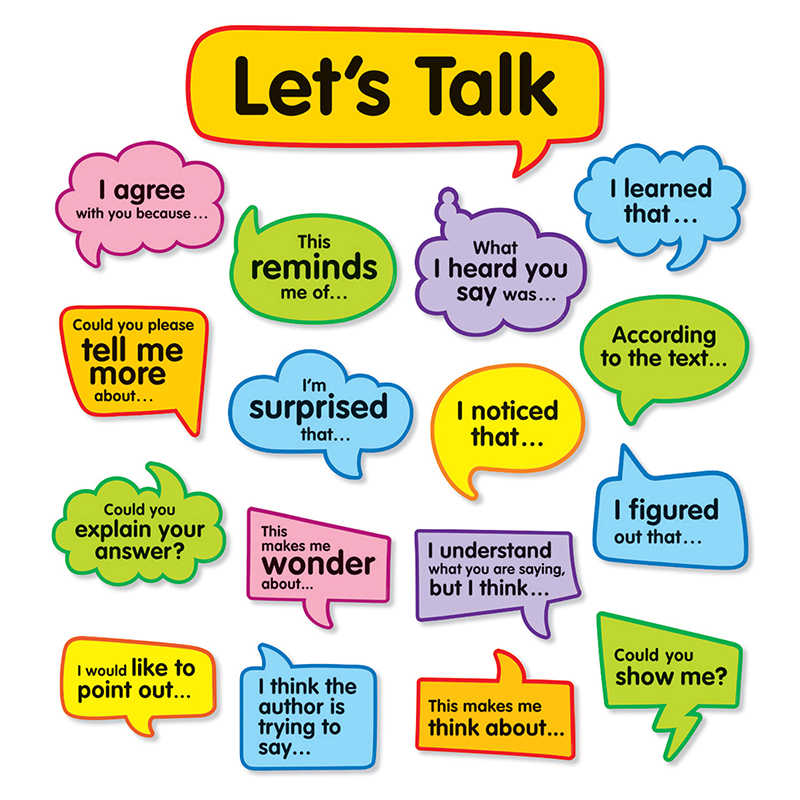
- Evaluation
With input from you and your child's teacher, a team of school professionals completes a full evaluation of your child. This same team — which may include a school psychologist, a speech-language pathologist, and a reading specialist — reviews the results to determine whether your child is eligible to receive special education services.
- Eligibility
If your child is eligible, you and the school team develop your child's Individualized Education Plan (IEP), as required by law. Annually, or more often, you and the school review the IEP and its impact on your child's progress.
If your child is ineligible, continue to push the school for help. If your child is not eligible but still struggles with reading, the school must figure out what will work for your child. You can also turn to private testing.
Top Articles
Especially for Parents
Research Briefs
Featured Video: Finding Help
See also
How to help your child fall in love with reading? 10 tips from a psychologist.
Do you notice how rare it is now to meet people reading, for example, in transport?
But, it would seem, now with the advent of numerous electronic "readers" everything has become much easier. It is easier to get the right book, easier to carry it with you not in the form of a pood volume, but in the form of a miniature device. But for some reason, the majority prefers to drive some ball or shoot on the same device. It's easier. You don't have to think.
Reading is a labor intensive process. After all, it is necessary not only to put letters into words, and words into sentences, but also to understand the meaning. And most importantly, create an image of what you read in your own mind. For a person, especially a child, who is used to receiving ready-made images from TV, this is a difficult job, because his imagination is not trained.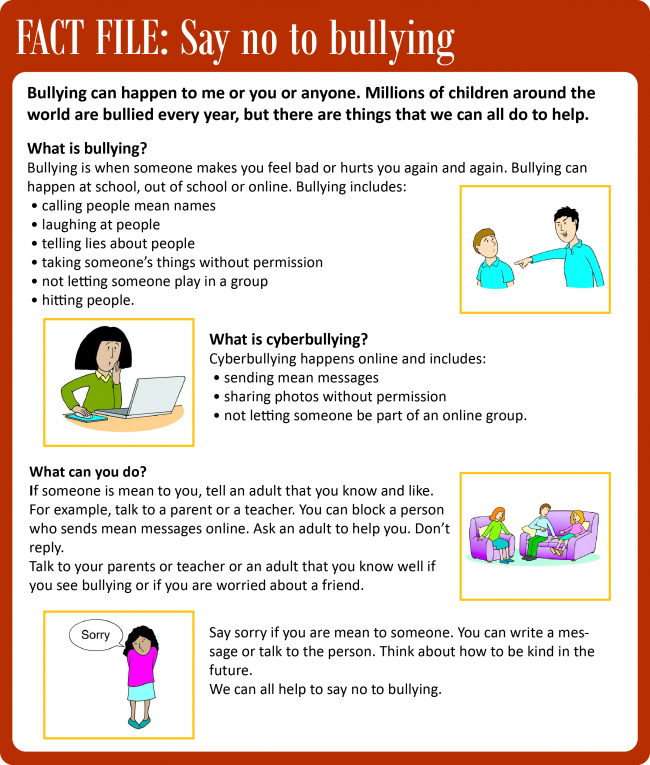
Even if the majority of adults prefer entertainment "for free", what can be demanded from a child for whom even the very process of folding letters into words is still difficult?
There are two reasons for this plight of reading - the easily accessible entertainment of television images and, oddly enough, the school. Often reading books from the compulsory school curriculum is perceived by the child as meaningless and hard work. How can we solve this problem, how can we help the child fall in love with literature and enjoy it? After all, people who do not read have poorer speech, as a rule, their imagination is not developed, and they write less competently.
Here are 10 tips to help you:
1. First of all, create a culture of reading in your home.
If a child does not see you enjoying a book, then he himself is unlikely to become an active reader. After all, children are taught not by our words, but by our actions.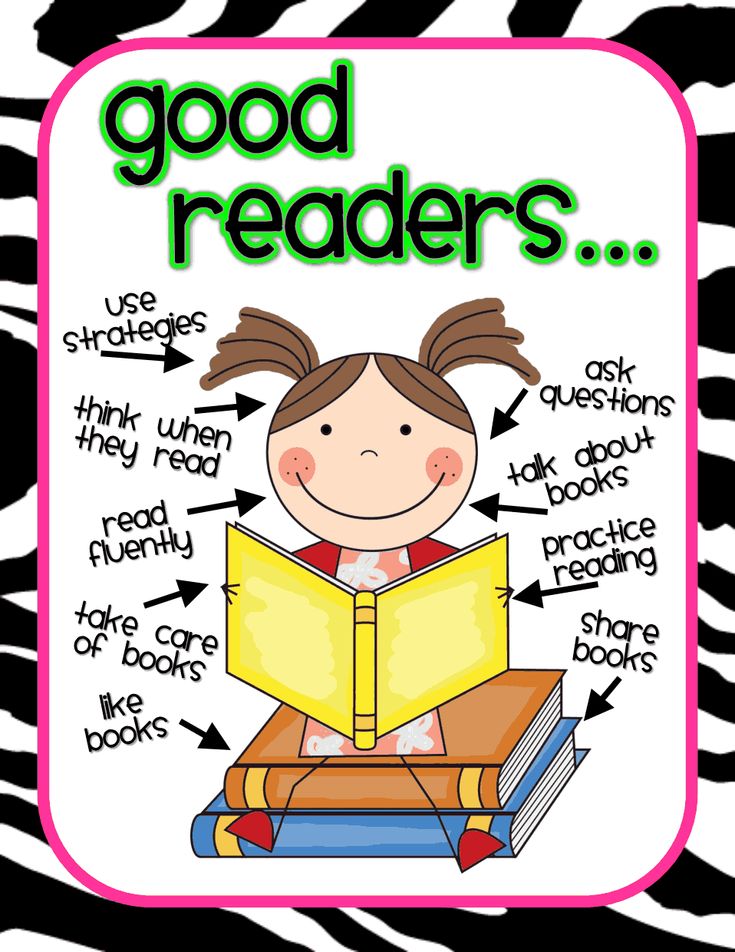
2. Family reading aloud.
If possible, involve other family members in this activity. And read to each other. Choose a book on a topic that interests your child. By the way, think about how well you know his interests?
Do not ask the child to read to you yet, let him only listen if he wants to. You can simply tell him, “Dad found a very interesting book about... (the child's favorite topic) and wants to read it to me. If you want, you can listen too.”
Have a parent read an interesting passage from the book. And then adults can start discussing what they have read among themselves. Ask the child, what does he think?
Thanks to this activity, you will enjoy yourself, improve the atmosphere at home, and show your child that reading is a process that many people enjoy. In addition, while listening, the child develops creative imagination, which will help him in the future.
And take the time to read aloud to your child. This is not only an introduction to reading.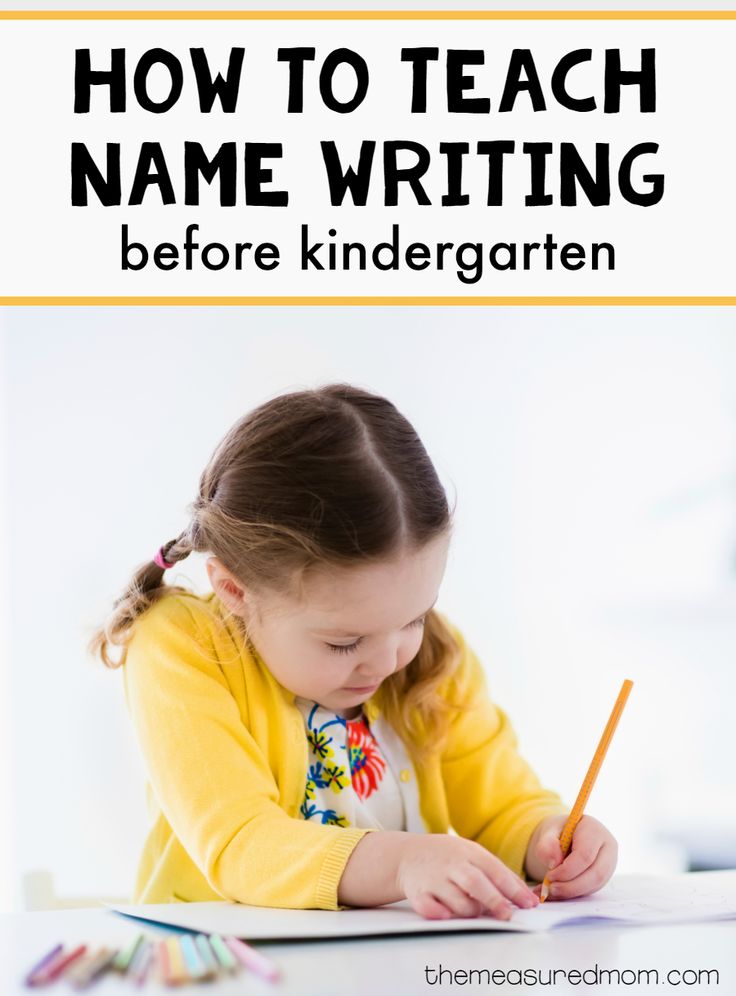 These are moments of closeness that you will remember when the child grows up.
These are moments of closeness that you will remember when the child grows up.
3. Deficit and challenge.
At the initial stage of learning to read, it is very important to do it casually, without any explanations, edifications and requests to the child to read for himself. Better, on the contrary, create a feeling of scarcity and inaccessibility of the book you are interested in, if the child asks for it, you can answer: “I myself want to read more. Okay, I'll give you this book, just for a while, I really want to read for myself what's next. And you still need to do your homework."
You can even add that the child is still too small for this book, that he will not understand everything. Such a challenge will encourage many children to prove that they are already smart and adults.
In this approach, the most important thing is that you yourself should be interested in this book, because otherwise the child will instantly feel false.
4. Draw illustrations.
Draw illustrations.
Especially while the child is small, draw together with him illustrations for the book you are reading to him. Most children enjoy drawing, especially if you help. This will attract additional attention and love for the book, will provide an opportunity to discuss what the child remembers and impressed. And it will help develop the imagination.
5. Start easy and fun.
First determine for yourself why you want your child to read? So that he could master the school curriculum, and you wouldn't be ashamed of him? Or do you want to interest him in reading as a source of joy, interest and knowledge?
In the beginning, offer the child books that will be entertainment and joy for him. Which will be easy for him to read, according to his age. Let it be adventure, fantasy, stories about animals or first love - if only the child was interested. And when he loves reading, then it will be possible to offer him something more serious and difficult.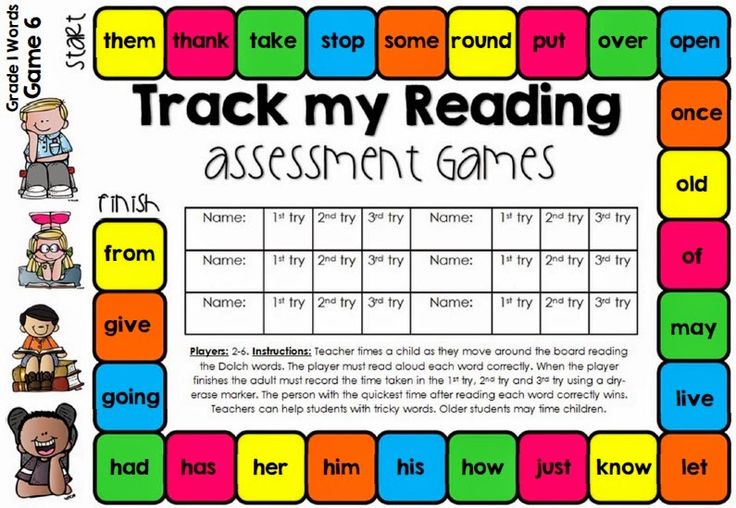
Of course, we want the child to be well acquainted with the classics. But the school curriculum offers, for example, Radishchev's Journey from St. Petersburg to Moscow. As a result, reading difficult, obscure works, and even written for adults, and more than two centuries ago, can completely discourage the novice reader.
6. Read the work in advance, before it is analyzed at school.
Quite often, in literature lessons, one chews and analyzes a work for so long and boringly that one becomes sick of it. After all, a work is often dissected as if the task of a school course is to prepare literary critics.
Therefore, it is better for a child to read, for example, "Crime and Punishment" as a detective story, and only then they will take it to pieces in the lesson.
7. Read the story at the same time as your child.
When your child needs to read a large, serious work, such as War and Peace, start reading with him at the same time.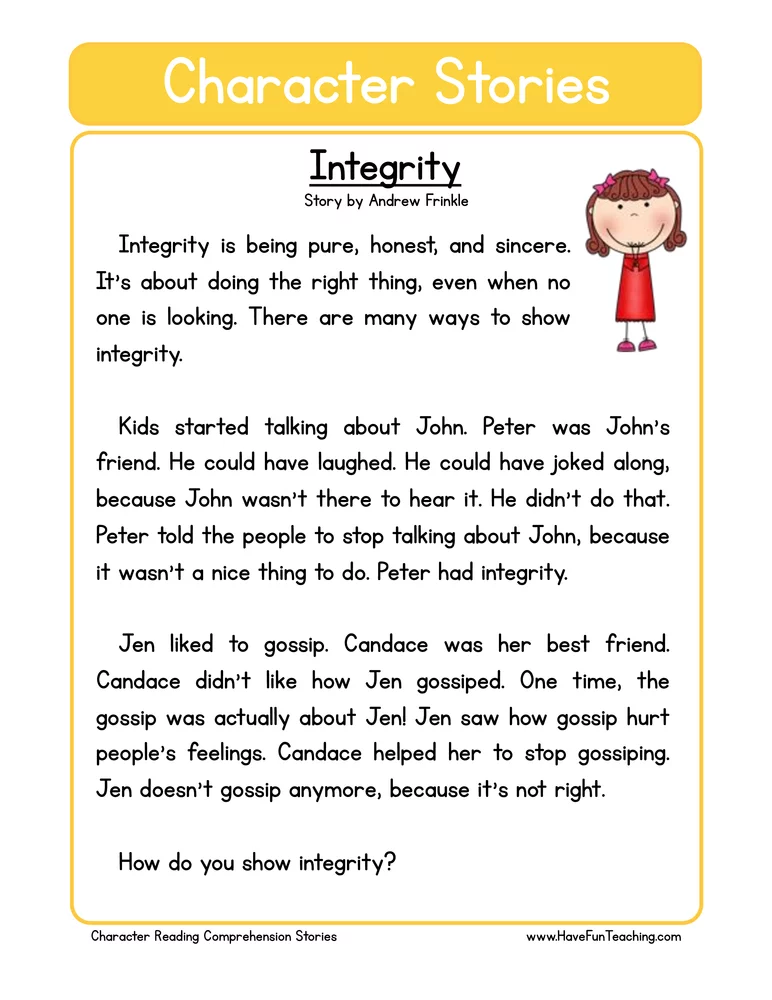 You yourself will enjoy, perhaps missed in your school years for the above reasons, and get closer to the child, become like-minded people. Share with him your findings and thoughts, explain difficult places.
You yourself will enjoy, perhaps missed in your school years for the above reasons, and get closer to the child, become like-minded people. Share with him your findings and thoughts, explain difficult places.
8. Organize a reader contest.
You can organize such a competition in your child's class, or invite his friends to join it. We do this in our Courses "Managing the Future" - in trainings for children and teenagers. Offer the children a list of interesting books and announce a competition with an attractive prize, which should take place, for example, in 2 or 3 months. The first place will be taken by the one who read the most and was able to answer questions about the books. And let the rest get consolation prizes.
9. Get a reader.
Preferably with minimal opportunities to play games. Then you will always have interesting books with you. And at any time - in transport, in line - you can read to your child. And when he wants to - give this useful entertainment to him.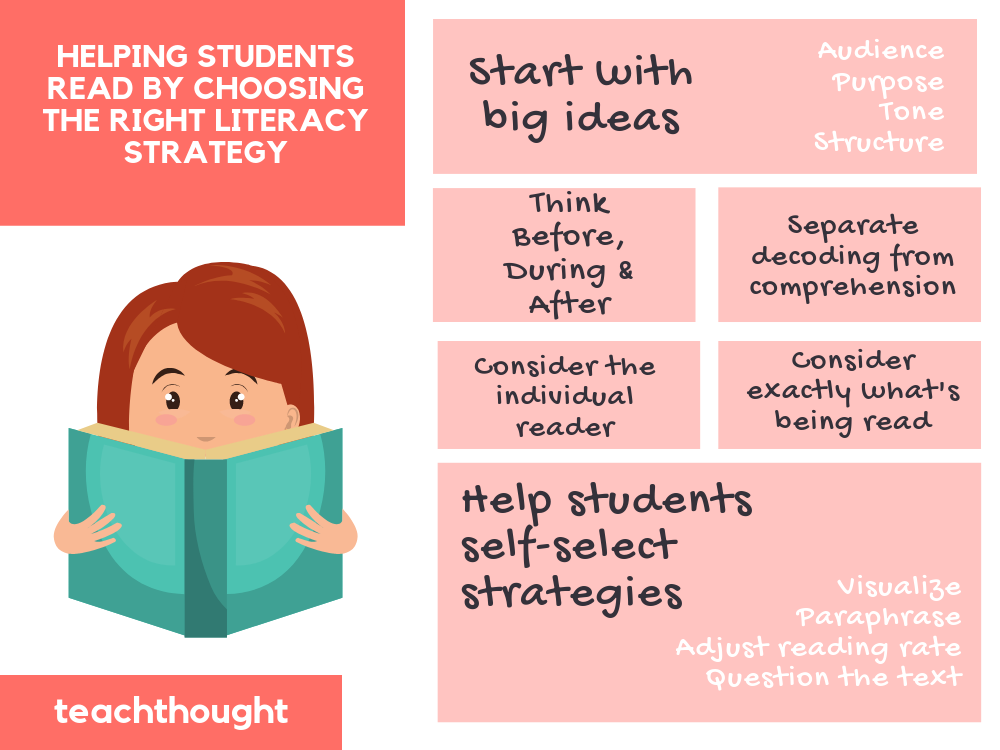
10. Never use reading as a punishment or condition for something else .
You can't say to a child: "You'll read the chapter, then I'll let you watch TV." This will teach the child to think that reading in itself is an unpleasant process. Reading should only be mentioned in the context of pleasure and interest.
I wish you exciting reading together!
Galina Dyatlova
Home
12 tricks that will help you fall in love with reading
I thought that the love of reading is hereditary, but in the end, my children grow up very different. The eldest daughter and the youngest son were drawn to books from the cradle, and the middle son, a first grader, before school did not read anything longer than instructions for Lego and descriptions of origami. I am convinced that fiction should be tasted. As a family, we've come up with tricks to make reading an enjoyable part of life.
With a daughter who reads whenever she has a free moment, we only follow a few rules.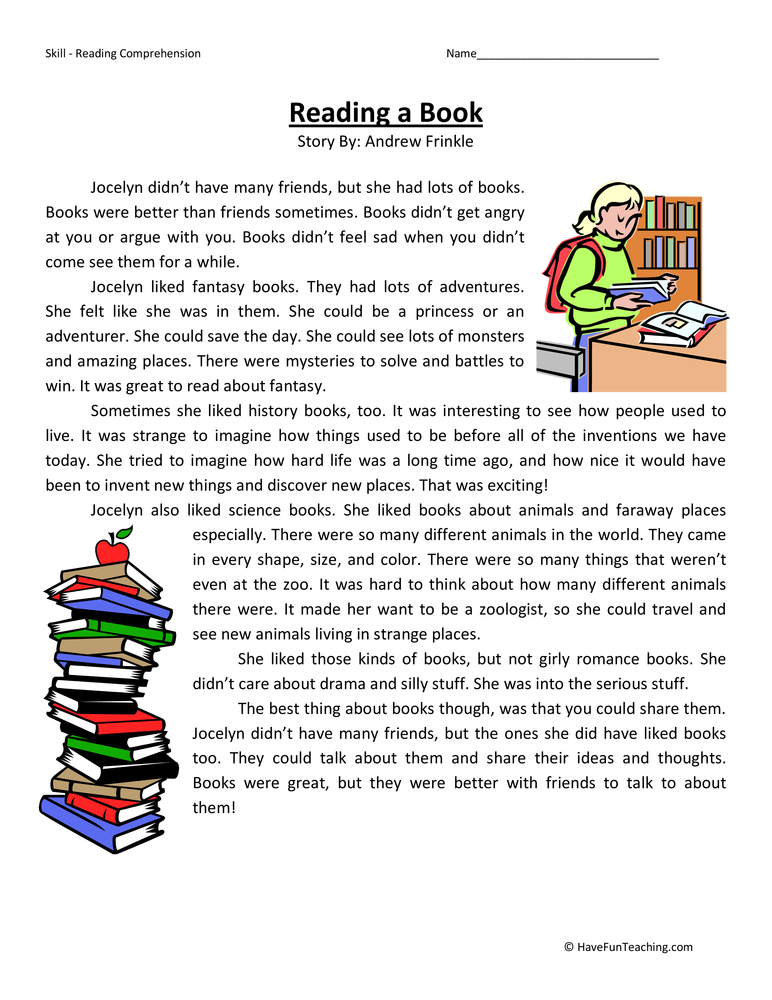 We buy all the books that we ask for, we don’t save on beautiful editions. Every month we go to the library for a new portion. We don't force you to read. And if a book seems too old or bad for us adults, we still buy it. Books that my daughter asked for, but they are designed for teenagers and in the end are just waiting in the wings. And poorly written ones also sometimes need to be read in order to see even more the difference between good literature and bad literature. In short, we never once fought over reading.
We buy all the books that we ask for, we don’t save on beautiful editions. Every month we go to the library for a new portion. We don't force you to read. And if a book seems too old or bad for us adults, we still buy it. Books that my daughter asked for, but they are designed for teenagers and in the end are just waiting in the wings. And poorly written ones also sometimes need to be read in order to see even more the difference between good literature and bad literature. In short, we never once fought over reading.
My middle son was never interested in either Barmaley or Kolobok. At two years old, his "reading" was plans for shopping centers, at three he began to collect complex structures from Lego, and at six - origami. And if he learned to read on instructions from Ikea, then with the beginning of his studies at school, he had to deal with fiction every day. I guess that The Wonderful World of Concrete will remain his main reading, but fiction can be helped to taste. Here are some proven ways:
- At first, the child reads only by syllables, quickly gets tired and considers reading one of the most difficult things.
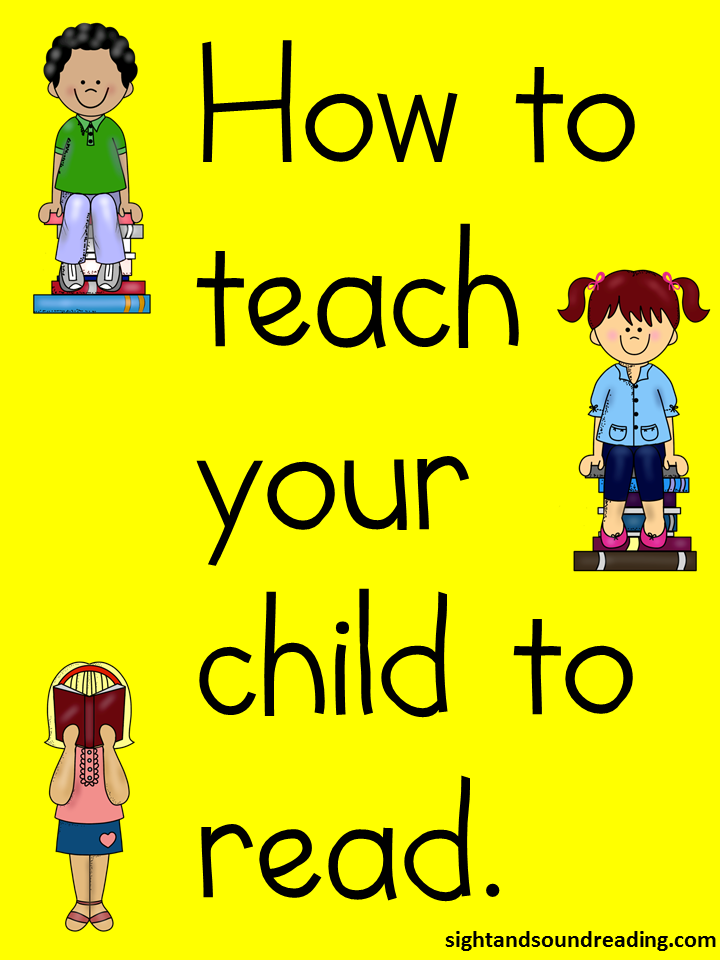 Practice reading fluently on long but simple familiar verses. Any fairy tales by Chukovsky are suitable for this. In addition, they do not require constantly capturing the meaning, and it is so clear - the author's stream of consciousness, but cheerful.
Practice reading fluently on long but simple familiar verses. Any fairy tales by Chukovsky are suitable for this. In addition, they do not require constantly capturing the meaning, and it is so clear - the author's stream of consciousness, but cheerful. - Try comics . And if you associate them only with primitive reading matter, then this, of course, is not so. Today, in addition to comics, graphic novels are published - full-fledged books with a plot, including children's ones. And the comics themselves are also different. We, for example, read the adventures of Tintin as a family. The advantage of such books is obvious: pictures, little text, you can quickly finish reading and immediately get a portion of pleasure.
- Have the child create their own blog about reading. Older Alice used to make reviews of everything she read. Today, together with their brother, they choose a mischievous poem, be sure to learn it by heart and come up with a script along the way.
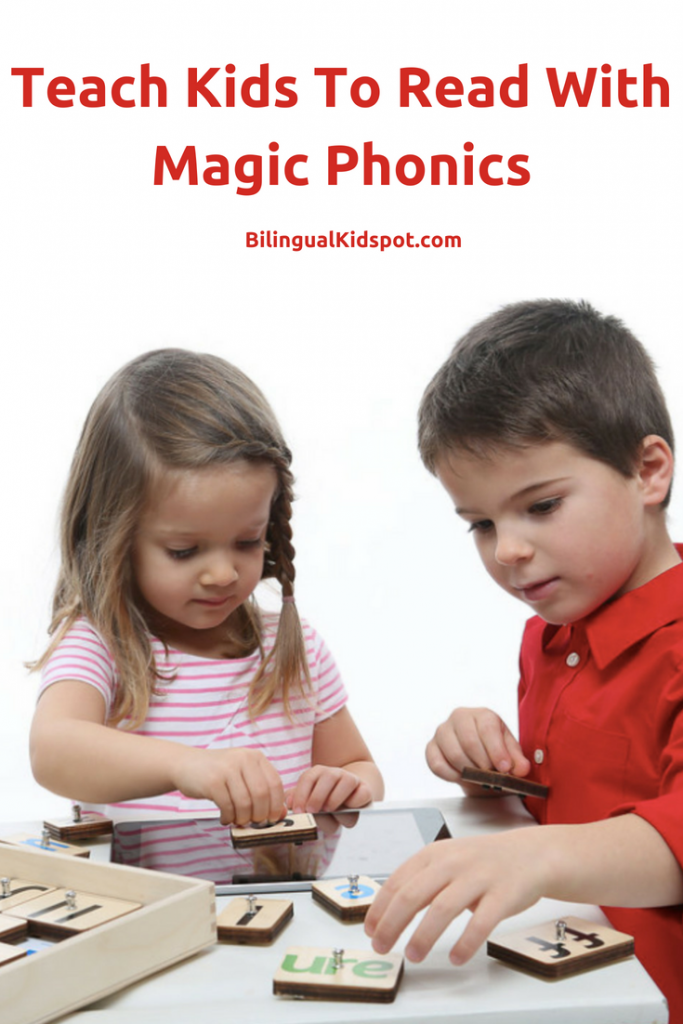 Then they put on funny costumes, prepare simple props and shoot a short film, everyone reads their role, memorized. Is it necessary to say that cramming poetry is perceived by them as something interesting? The video, by the way, does not have to be posted on YouTube - children have enough likes from their grandparents.
Then they put on funny costumes, prepare simple props and shoot a short film, everyone reads their role, memorized. Is it necessary to say that cramming poetry is perceived by them as something interesting? The video, by the way, does not have to be posted on YouTube - children have enough likes from their grandparents. - Watch a movie first so that you want to read a book later. Your seven-year-old is unlikely to master all of Harry Potter. But we first looked at short stories, for example, Dragunsky, and then my son read with pleasure.
- To keep books in your life all the time, buy detective puzzles. So we solved 50 detective riddles of Hans Press and read "Detective Pierre unravels the case." There are many such books today.
- Try different formats. Turn on audio books during a long journey, listen to audio performances according to the school curriculum. Perhaps this is not an option for you. But what about nice-to-touch book spines? But modern children, even with their grandmother in WhatsApp, communicate with audio messages and small videos.
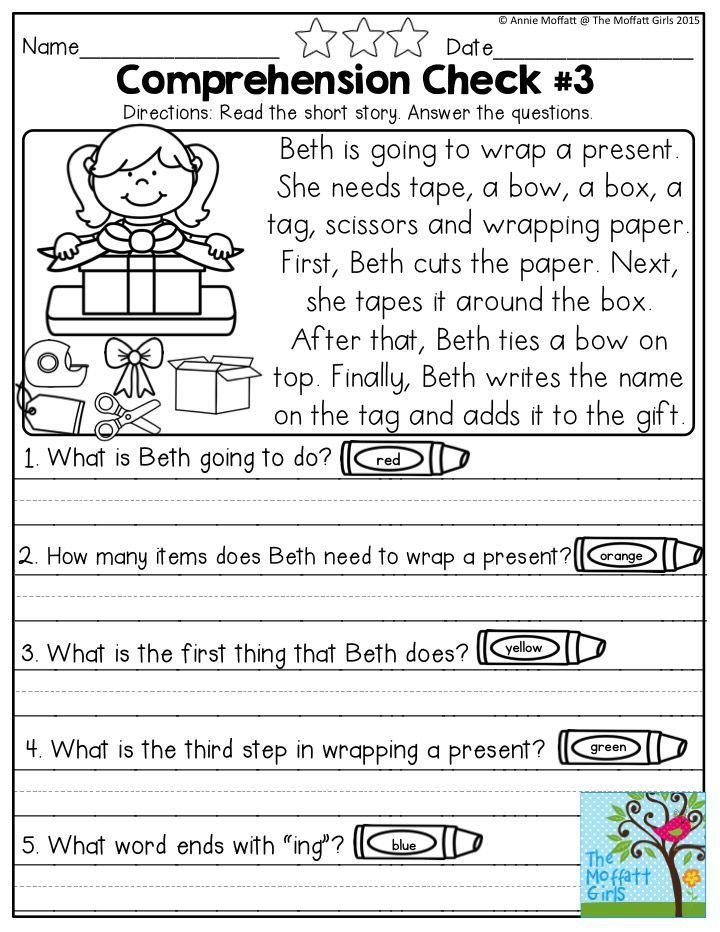
- Offer to draw an illustration. Discuss the main character, figure out what he might look like, what other book hero he could be friends with. This teaches you to delve into what you read and be attentive to details. With a developed attentiveness to descriptions and to the text in general, then no Kiselyov on Sunday evening will be scary.
- Read the classics with expression. Once my eldest daughter and I recited Blok, Lermontov and Yesenin. These authors are taught with might and main by third-graders. And if the three-year-old son had nothing special to say, then the middle one - a first-grader - as a result began to discuss with us the features of the author's style and was strongly imbued with poems that, it would seem, were not for his age.
- Read by role as a family. Chukovsky again helps us in this. His "Telephone" or "Confusion" go with a bang. The main thing is that after this, the mood of all participants improves.
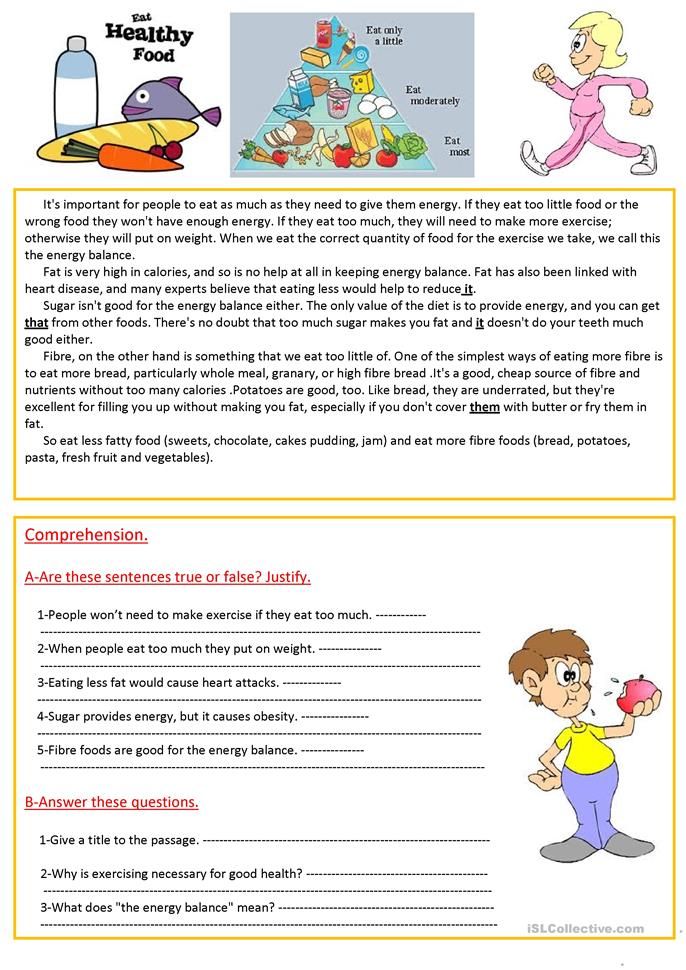 And reading - right - is associated with something very pleasant.
And reading - right - is associated with something very pleasant. - Try going to the library. There are many good books there, you can choose them according to your taste, but the child is not obliged to read everything that he decides to take home. He can just try. The same rule works great with new/healthy foods. You have to try it, you don't have to eat it.
- Just read aloud as a family. We have read more than one book like this. Now it is not possible to do this every day. But you can choose a story together for a long trip or drop everything and read a funny story while sitting under a Christmas tree, even if you are constantly busy. And, of course, the regularity of such reading is necessary at least at the beginning of inculcation to reading.
- And if your child loves diagrams as much as my average son, even if he draws a house and the sun schematically in a section, then invite him to make diagrams of verses . Various “confusions” or verses with repetitive phrases are suitable here, in which you need to come up with a symbol for a word or phrase and write down the entire verse with such icons.
